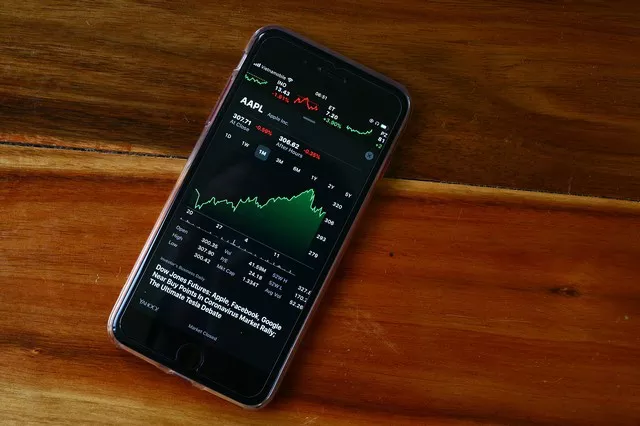In the world of finance, investors and analysts often turn to various indicators and instruments to gain insights into market movements and potential trends. One such tool that garners significant attention is stock futures. These financial contracts allow investors to speculate on the future direction of stock prices, providing an indication of market sentiment and potential price changes. However, the question remains: do stock futures predict the next day’s market performance? In this article, we will delve into the dynamics of stock futures and explore their predictive power in forecasting the next day’s market movements.
Understanding Stock Futures
Before delving into their predictive capabilities, it’s essential to grasp the basics of stock futures. Stock futures are financial contracts that obligate the buyer to purchase or the seller to sell a specified quantity of a particular stock at a predetermined price on a future date. These contracts are traded on futures exchanges, providing investors with an avenue to hedge against price fluctuations or speculate on future price movements.
Stock futures derive their value from the underlying stock’s price, with factors such as supply and demand, interest rates, and market sentiment influencing their pricing. Investors use stock futures as a means of managing risk exposure, capitalizing on market opportunities, or hedging existing positions. As such, they serve as a valuable tool for market participants seeking to navigate the complexities of the financial markets.
The Relationship Between Stock Futures and Market Performance
While stock futures offer valuable insights into market sentiment and potential price changes, their ability to predict the next day’s market performance is subject to various factors and limitations. Market dynamics, geopolitical events, economic data releases, and unforeseen developments can all influence market movements, rendering any predictive model or indicator imperfect.
Stock futures provide a snapshot of investor sentiment and expectations regarding future stock prices. When stock futures prices rise, it indicates optimism among investors, anticipating higher stock prices in the future. Conversely, falling stock futures prices suggest pessimism and expectations of lower stock prices ahead. However, it’s crucial to note that these sentiments can fluctuate rapidly in response to changing market conditions and external factors.
See Also: What is a sugar future?
The Efficiency of Markets
Efficient market theory posits that asset prices reflect all available information and incorporate market participants’ collective wisdom. In an efficient market, prices adjust quickly to new information, making it challenging to consistently outperform the market based on predictive indicators alone. As such, the predictive power of stock futures in forecasting the next day’s market performance may be limited by the efficiency of the markets.
While stock futures can provide valuable insights into short-term market sentiment and potential price movements, they may not always accurately predict the next day’s market performance. Market participants, armed with new information and changing expectations, can quickly adjust their positions, leading to unexpected market movements. Additionally, the influence of external factors, such as geopolitical events or economic data releases, can override the predictive signals provided by stock futures.
Limitations and Considerations
Despite their utility as a market indicator, stock futures have inherent limitations that investors should consider. Firstly, stock futures represent only one piece of the puzzle in the broader financial landscape. Other factors, such as technical analysis, fundamental analysis, and macroeconomic indicators, play a role in shaping market movements and trends.
Secondly, stock futures are subject to market manipulation and speculative activity, which can distort their predictive signals. High-frequency trading, algorithmic trading, and other market dynamics can amplify volatility and contribute to unpredictable price fluctuations, undermining the reliability of stock futures as a predictive tool.
Thirdly, stock futures’ predictive power may vary depending on the time horizon and market conditions. While they may offer valuable insights into short-term sentiment and price movements, their ability to forecast longer-term trends is less certain. Investors should consider their investment objectives, risk tolerance, and time horizon when interpreting the predictive signals provided by stock futures.
Conclusion
In conclusion, while stock futures provide valuable insights into market sentiment and potential price changes, their ability to predict the next day’s market performance is subject to various factors and limitations. Market dynamics, efficiency, external events, and speculative activity all influence stock futures’ predictive power, making it challenging to rely solely on them for forecasting purposes.
Investors should approach stock futures with caution and consider them as one of many tools in their analytical toolkit. By incorporating multiple sources of information and conducting thorough research, investors can make informed decisions and navigate the complexities of the financial markets more effectively. While stock futures offer valuable insights into short-term sentiment and price movements, investors should exercise prudence and diligence in their interpretation and application.


